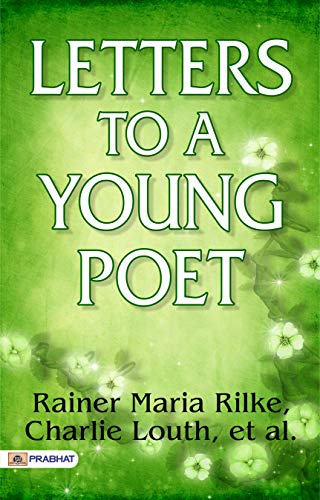et al. Rainer Maria Rilke , Charlie Louth
Letters to a Young Poet
eBook
(Prabhat Prakashan Dec. 2, 2019)
How these letters came to be written is told by their recipient in his introduction; and to this there would be nothing to add were it not for the close of the eighth letter: Do not believe that he who seeks to comfort you lives untroubled among the simple and quiet words that sometimes do you good. His life has much difficulty and sadness. . . . Were it otherwise he would never have been able to find those words.” It is evident that a great artist; whatever the immediate conditions disturbing his own life; may be able to clarify for the benefit of another those fundamental truths the conviction of which lies too deep in his consciousness to be reached by external agitations. Though Rilke expresses himself with a wisdom and a kindness that seem to reflect the calm of self-possession; his spirit may have been speaking out of its own need rather than from the security of ends achieved; so that his words indeed reflect desire rather than fulfillment. In what sort this was the case becomes apparent on perusal of the several volumes of his correspondence. From these; for the most part; the accompanying chronicle of the years 1903-1908 has been prepared. It shows what Rilke was going through in his own relationship to life and work at the period in question (he turned twenty-eight in December; 1903). Perhaps such a record may in a measure explain; too; why sympathy was always so responsive an element of his nature. Certainly—despite low physical vitality that often reduced him to actual ill-health; despite lack of funds and homeless wandering in search of the right places and circumstances for his work; despite all the subjective fret and hindrance because of which some think to see in him a morbidly conditioned fantasy—the legend of the weary poet is dispelled; and in the end we find him always young; always constructive; the eminently positive philosopher of these letters.
- Pages
- 70
